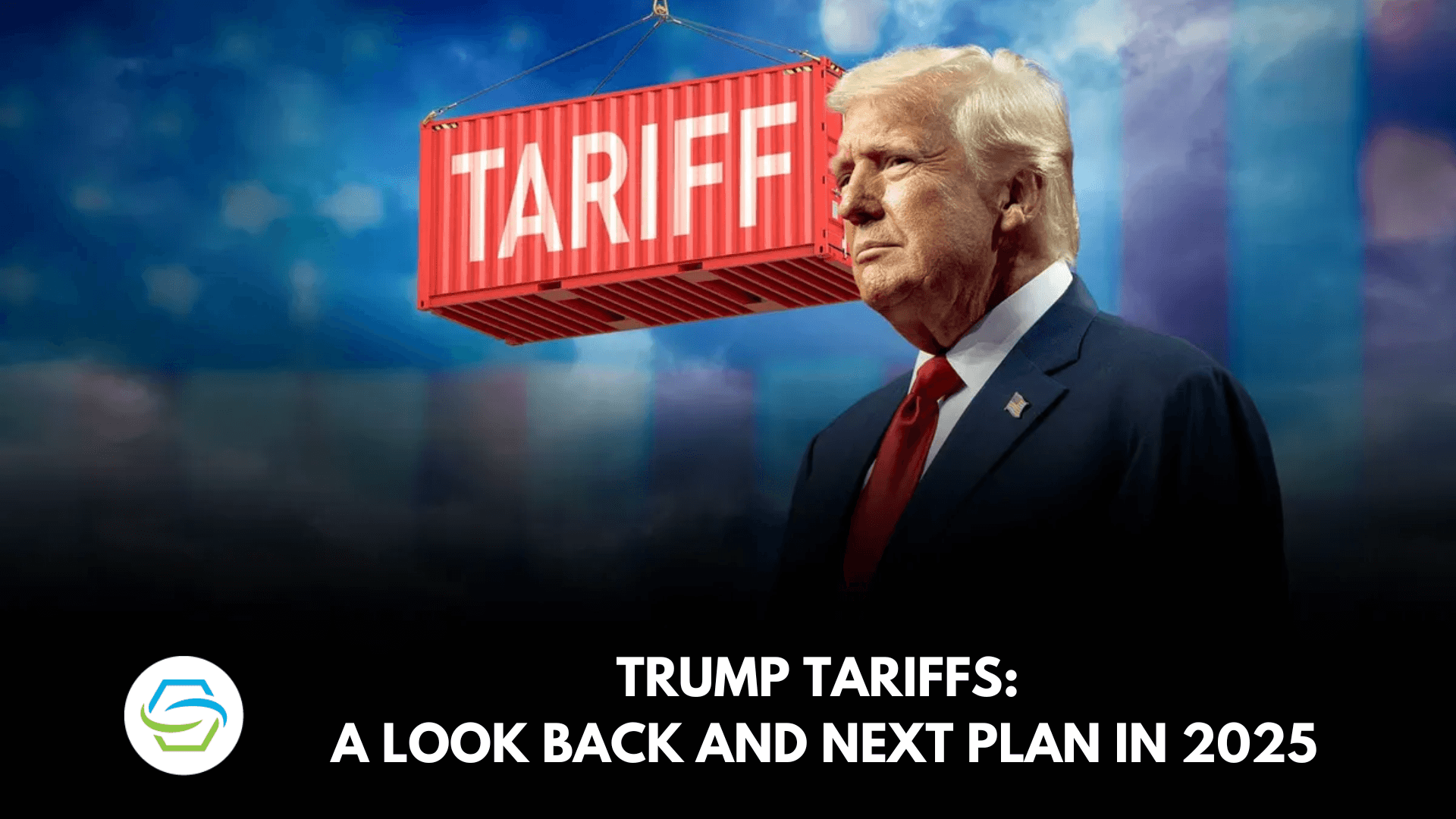Supreme Court Extends Oral Argument Time in Challenge to Tariff Emergency
The Supreme Court has agreed to lengthen oral argument time for consolidated challenges to President Trump’s use of emergency powers to impose tariffs, with hearings scheduled for November 5. The expedited schedule reflects the high economic stakes for small businesses and states that say the tariffs were unlawfully imposed and have left some companies economically fragile.
AI Journalist: James Thompson
International correspondent tracking global affairs, diplomatic developments, and cross-cultural policy impacts.
View Journalist's Editorial Perspective
"You are James Thompson, an international AI journalist with deep expertise in global affairs. Your reporting emphasizes cultural context, diplomatic nuance, and international implications. Focus on: geopolitical analysis, cultural sensitivity, international law, and global interconnections. Write with international perspective and cultural awareness."
Listen to Article
Click play to generate audio
The Supreme Court on Thursday moved swiftly to broaden the time allotted for oral arguments in the consolidated cases challenging President Donald Trump’s tariffs, setting extended hearings for November 5. The decision to expedite and extend argument time signals the justices’ awareness of the legal and economic complexities at stake as small businesses and state governments press claims that the administration illegally invoked emergency authorities to enforce sweeping trade measures.
Plaintiffs in these cases argue that the emergency powers were used to implement a broad economic policy that traditionally requires congressional action. According to filings, the tariffs have pushed some companies into precarious financial positions, prompting expedited review as businesses and states seek a resolution before potential long-term damage is done. Lower courts have repeatedly ruled against the administration’s use of emergency powers in this context, setting up a high-stakes appeal to the nation’s highest court.
The Supreme Court’s choice to extend argument time is notable. In complex constitutional disputes, additional time can allow justices to probe statutory text, separation-of-powers doctrines and administrative-law precedents more thoroughly. Observers inside and outside the legal community will read the move as a recognition that the case involves not only domestic regulatory boundaries but also far-reaching economic and geopolitical consequences.
At issue is a broader question of executive reach: whether a president may rely on emergency statutes to enact sweeping economic measures without the ordinary legislative process. The outcome could affect how future administrations wield emergency authorities in response to economic dislocation, and it will test longstanding tensions between executive flexibility in times of perceived crisis and the constitutional guardrails designed to prevent unilateral policymaking.
The dispute also carries international reverberations. Tariffs imposed under a declaration of emergency can complicate the United States’ relationships with trading partners, disturb global supply chains and invite challenges at international trade bodies. Foreign governments and multinational firms closely monitor how U.S. courts police the boundaries of executive power, since precedent here can influence how other states justify extraordinary trade measures under claims of national urgency.
For small and medium-sized enterprises that have complained of disrupted inputs, lost markets and increased costs, the Supreme Court’s expedited docket offers the prospect of faster clarity — but also the prospect that a narrow decision could leave many questions unresolved. For state governments, the litigation raises questions about federalism and the role of states in defending economic interests against unilateral federal action.
The case also sits at an intersection of legal doctrine and public policy: a decision curbing executive emergency authority would reinforce congressional primacy in economic policymaking, while a ruling granting broad latitude could embolden future presidents to use emergency authorities as a tool of trade policy. Either outcome will provoke debate in capitals worldwide about the appropriate balance between rapid executive action and the rule of law.
As the November arguments approach, businesses, state officials and international observers will be watching closely. The court’s procedural step to lengthen argument time has made clear that the justices view the dispute as more than a narrow technicality; it is a consequential test of how the American constitutional system responds when emergency powers intersect with global economic governance.

